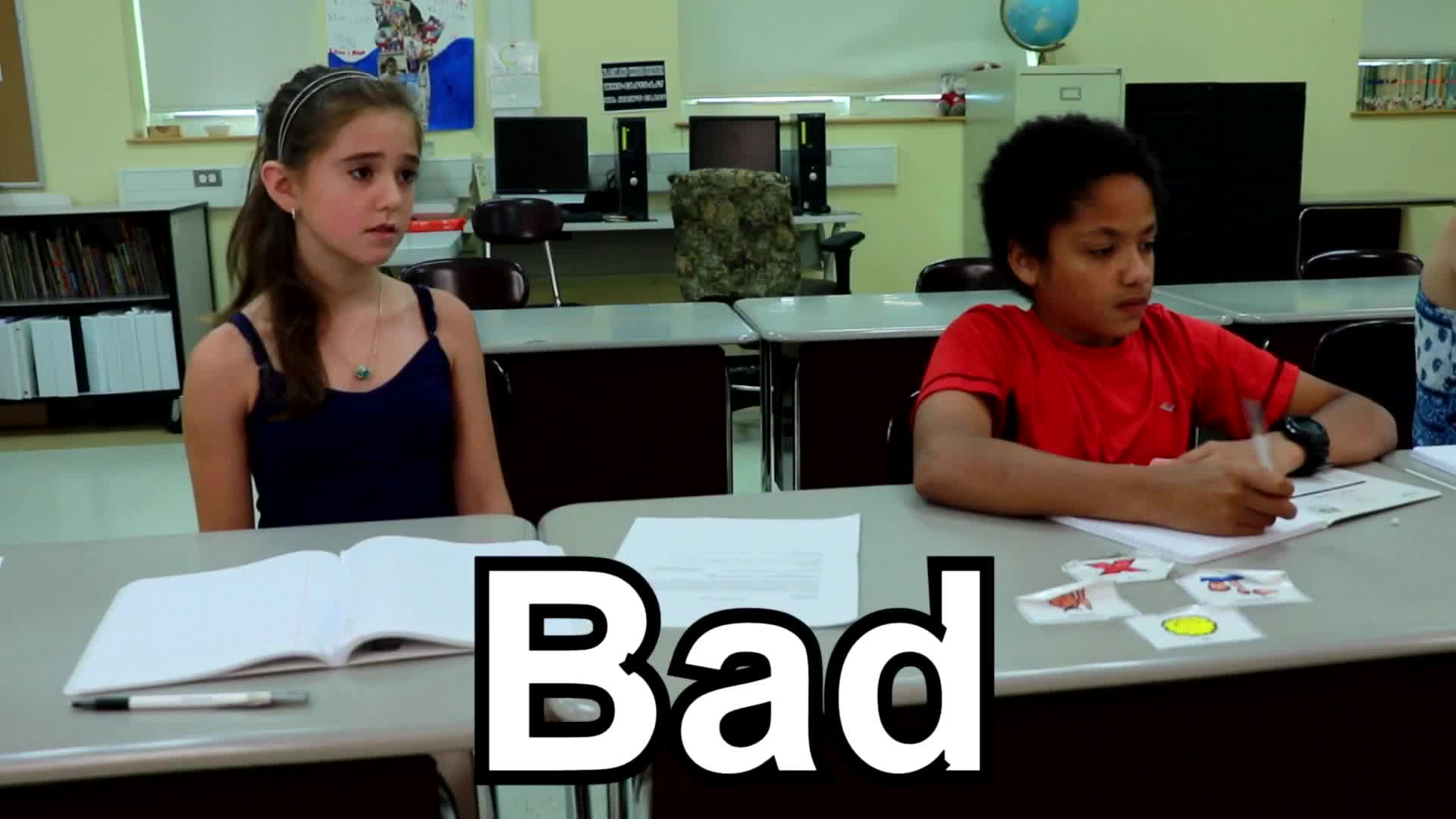Introduction
Social-Emotional Learning (SEL) is essential in helping students develop the skills necessary to navigate social situations and build healthy relationships. One aspect of SEL is teaching students to choose appropriate behavior in the classroom, even when they see their peers misbehaving. This blog post will discuss an activity that encourages students to think critically about their actions and make better choices in social situations. Additionally, we will provide discussion questions, related skills, and next steps for educators to continue fostering these important life skills.
No-Prep Activity
This activity is designed to help students recognize the importance of choosing appropriate behavior in the classroom, even when they see others misbehaving. The activity requires no preparation or materials from the educator and can be done in any classroom setting.
- Ask students to sit in a circle, either on the floor or in chairs.
- Explain that the goal of the activity is to help them understand the importance of making good choices in the classroom, even when they see others acting inappropriately.
- Start by presenting a scenario where a student (Devin) is misbehaving in class by throwing objects and making others laugh.
- Ask students to think about how they would react if they were in the same situation as Julie, who wants to make others laugh as well but knows that throwing objects is against the rules.
- Encourage students to share their thoughts and ideas about what they would do in this situation.
- Highlight the importance of considering the consequences of their actions and choosing appropriate behavior, such as telling a joke instead of copying the misbehavior.
Discussion Questions
Here are some questions to help facilitate further discussion about choosing appropriate behavior in the classroom:
- Why is it important to choose appropriate behavior, even when others are misbehaving?
- What are some examples of appropriate ways to make others laugh or have fun in the classroom?
- How can thinking about the consequences of our actions help us make better decisions?
- What strategies can you use to resist the temptation to copy others’ inappropriate behavior?
- How can you support your classmates in making good choices in the classroom?
Related Skills
Teaching students to choose appropriate behavior in the classroom is just one aspect of Social-Emotional Learning. Here are some other relevant skills for students to develop:
- Empathy: Understanding and sharing the feelings of others.
- Self-awareness: Recognizing one’s own emotions, thoughts, and values.
- Self-regulation: Managing one’s emotions and behaviors in different situations.
- Decision-making: Making constructive choices about personal behavior and social interactions.
- Relationship skills: Establishing and maintaining healthy and rewarding relationships with others.
Next Steps
As an educator, it’s important to continuously support students’ Social-Emotional Learning and development. To help you in this journey, we encourage you to sign up for free samples of skill-based activities, including the one discussed in this blog post and many others. By incorporating these resources into your classroom, you can create a supportive and engaging learning environment that fosters the development of essential life skills.






